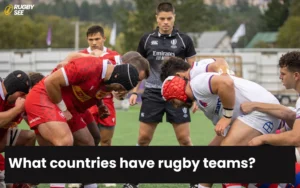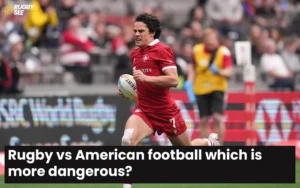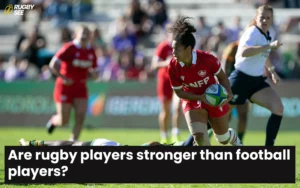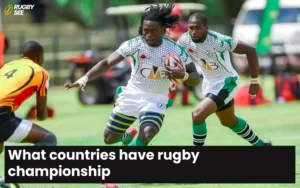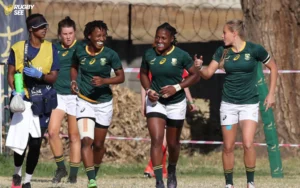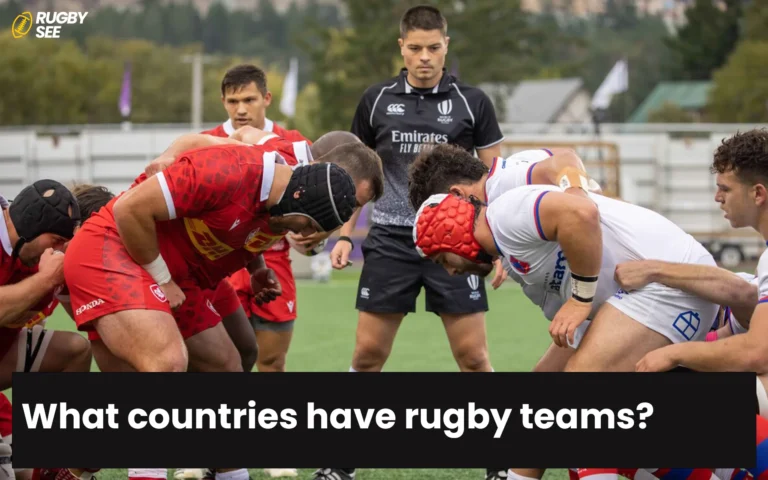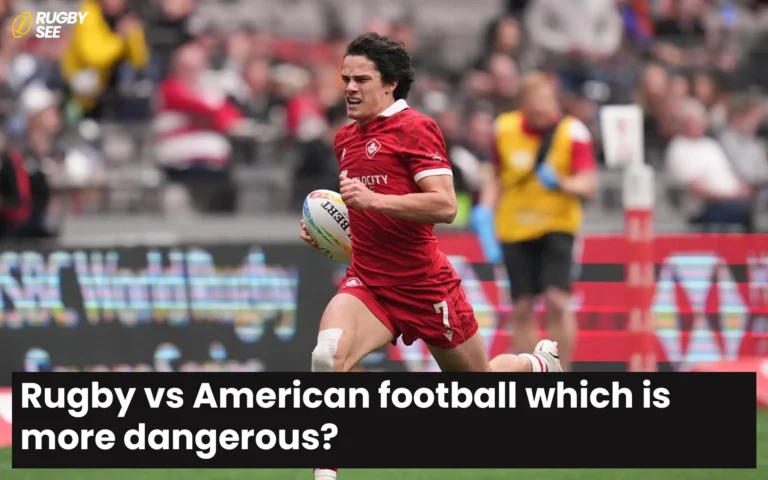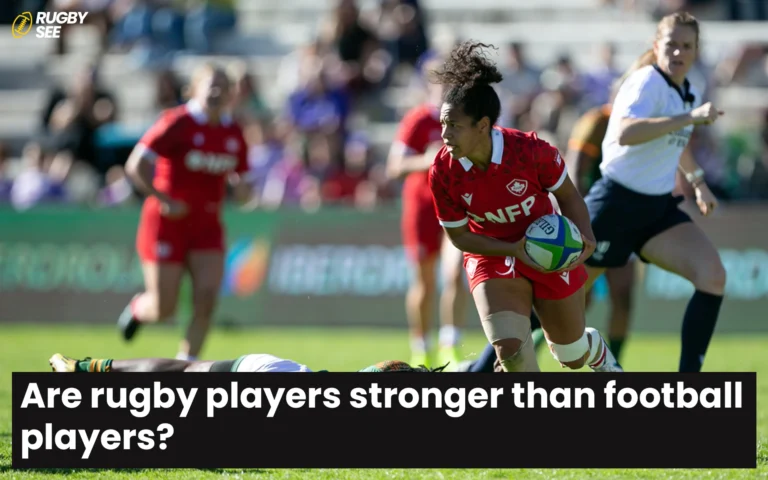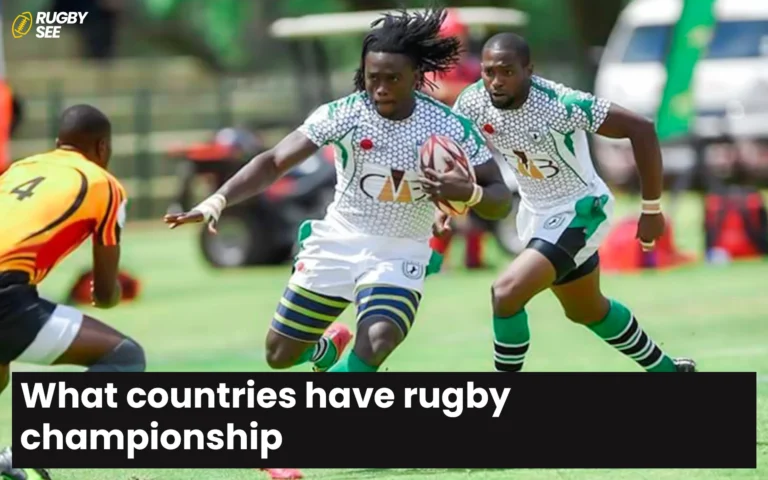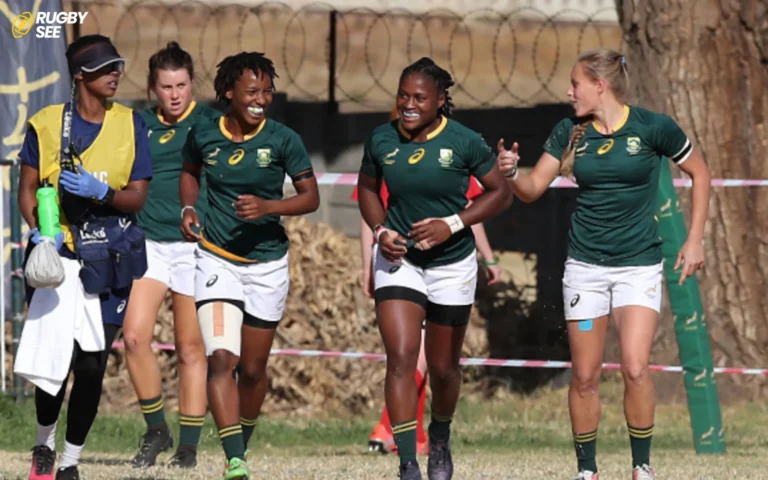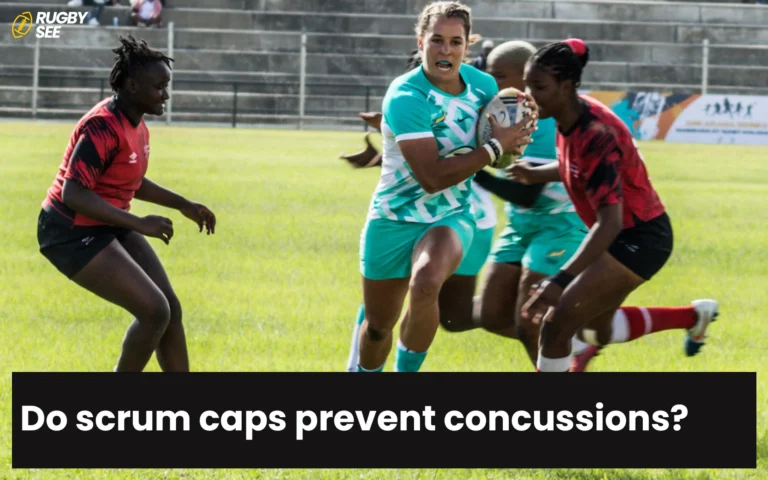In international sports, particularly rugby, the haka is recognized as a powerful and emotional pre-match tradition, closely associated with New Zealand. However, this begs the question: does Australia, New Zealand’s close neighbor and fierce rugby rival, have their own version of the haka? This article from Rugbysee explores Australia’s relationship with the haka, its cultural significance and the traditions adopted by Australian sports teams.
Understanding the Haka
Before diving into Australia’s cultural practices, it’s crucial to understand what the haka truly represents. Originating from the Māori people of New Zealand, the haka is a traditional war dance or challenge, laden with historical significance and cultural values. It’s performed by the New Zealand sports teams, most notably the All Blacks rugby team, as a display of unity, strength, and respect for their opponents.
Australia’s Cultural Landscape
Australia is a multicultural nation with a rich indigenous heritage, comprising Aboriginal and Torres Strait Islander peoples. These cultures have their own languages, traditions, and ceremonies, which differ significantly from the Māori traditions of New Zealand. While indigenous Australians have dances and songs that hold deep cultural significance, these are distinct from the haka and serve different purposes in their communities.
Australian Sports and Cultural Expressions
In contrast to New Zealand, Australian sports teams do not perform a haka or an equivalent dance before international matches. This absence is not due to a lack of cultural heritage but rather reflects the diverse cultural expressions within Australia. Indigenous Australian ceremonies and dances are deeply sacred, often tied to specific occasions, locations, or ceremonies rather than public sports events.

Indigenous Recognition in Australian Sports
Although Australia does not have a haka, there’s a growing movement to recognize and incorporate indigenous cultures in sports. For instance, the Australian Football League (AFL) celebrates Indigenous Rounds, where Aboriginal and Torres Strait Islander cultures are highlighted through special jerseys, performances, and ceremonies. Similarly, the National Rugby League (NRL) has its Indigenous Round, and teams perform acknowledgments of country before matches, paying respect to the traditional owners of the land.
International Representation
On the international stage, Australian teams have occasionally incorporated indigenous elements into their representations. For example, the Australian national rugby team, the Wallabies, have worn jerseys featuring indigenous art and have participated in ceremonies that include indigenous dances and songs. These gestures are significant steps toward acknowledging and celebrating the country’s rich indigenous heritage within the context of international sports and if you want to know about Skinny Rugby Players read Can I Play Rugby If I’m Skinny? A Comprehensive Guide.
Cultural Sensitivity and Appropriation
The question of whether Australia should have its version of the haka often leads to discussions about cultural sensitivity and appropriation. It’s essential to recognize that cultural expressions like the haka cannot simply be adopted or mimicked without understanding their deep historical and spiritual significance. Australia’s approach has been to respect and celebrate its indigenous cultures in ways that are authentic and appropriate, acknowledging the unique traditions of its First Peoples.
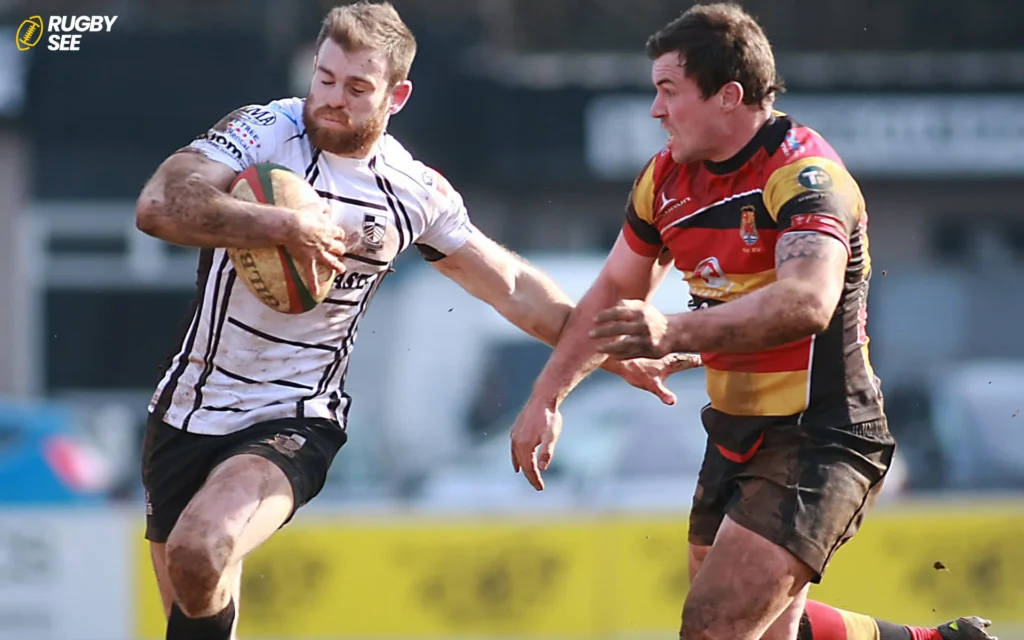
The Future of Cultural Expressions in Australian Sports
As Australia continues to grapple with its colonial past and seeks ways to honor and integrate its indigenous cultures into the national narrative, sports remain a powerful platform for cultural recognition and unity. Initiatives that promote understanding, respect, and inclusivity can pave the way for more meaningful incorporations of indigenous traditions in sports, perhaps someday leading to a uniquely Australian expression of unity and strength on the international stage.
As Australia navigates its journey towards greater cultural recognition within sports, the emphasis is shifting towards creating spaces that not only acknowledge but actively celebrate the rich tapestry of its indigenous heritage. This movement opens up discussions on how sports can serve as a catalyst for broader societal change, promoting inclusivity, understanding, and respect for the diverse cultures that constitute the nation.
Promoting Indigenous Participation in Sports
One of the key areas where Australia is making strides is in promoting greater participation of indigenous peoples in sports at all levels. By fostering talent from indigenous communities, sports organizations not only enrich the competitive landscape but also provide role models for young indigenous athletes. The success stories of indigenous sports stars across various disciplines have the power to inspire and uplift communities, showcasing the potential of sports as a unifying force.
Incorporating Indigenous Knowledge and Practices
Beyond mere acknowledgment, there’s a growing interest in integrating indigenous knowledge and practices into the sporting world. This can range from incorporating traditional games and activities into sports curriculums to involving indigenous elders in team ceremonies and events. Such practices not only enrich the sporting experience but also ensure that indigenous cultures are actively preserved and passed down through generations.
The Role of Sports Organizations
The responsibility for fostering a more inclusive and culturally aware sporting environment does not rest solely with athletes or teams. Sports organizations at every level—from local clubs to national governing bodies—play a crucial role in setting policies and initiatives that promote diversity and cultural sensitivity. Efforts such as mandating cultural competency training for coaches and staff, supporting indigenous sports programs, and creating platforms for dialogue and exchange can all contribute to a more inclusive sports culture.
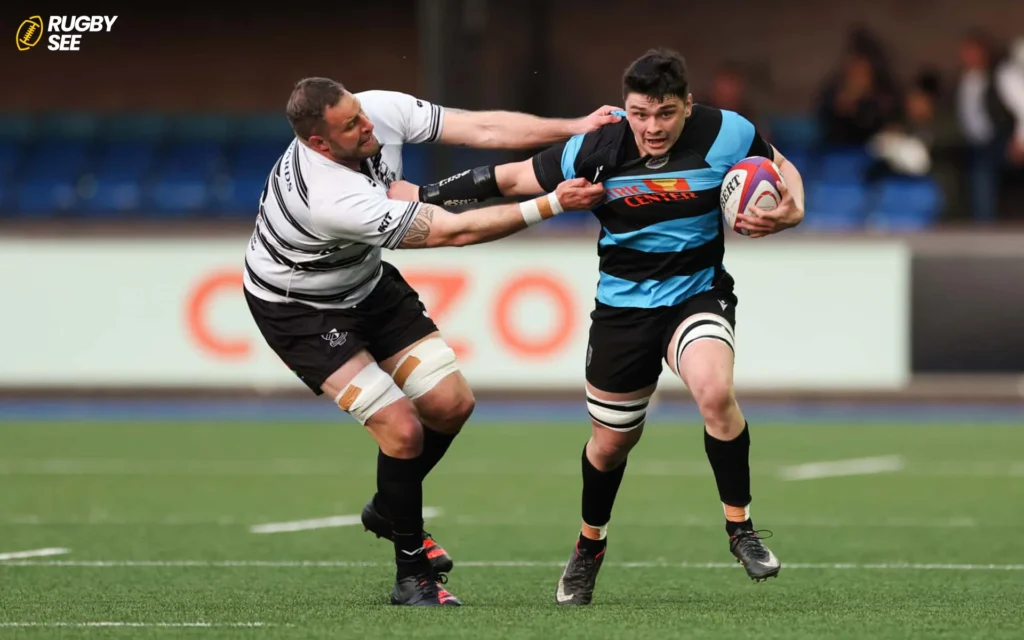
Challenges and Opportunities
While the path towards integrating indigenous cultural expressions in sports is promising, it’s not without challenges. Issues such as tokenism, cultural appropriation, and the need for genuine engagement with indigenous communities must be carefully navigated. The opportunity lies in leveraging sports as a platform for education and reconciliation, where every gesture of recognition and every performance inspired by indigenous culture serves as a step towards bridging divides and celebrating Australia’s unique cultural identity.
Looking to the Future
The future of cultural expressions in Australian sports looks towards a more inclusive and representative portrayal of the nation’s diversity. As initiatives to incorporate indigenous elements into sports continue to evolve, they pave the way for a deeper understanding and appreciation of Australia’s indigenous cultures. Such efforts, grounded in respect and mutual collaboration, can transform sports into powerful venues for cultural celebration and societal change and if you want to know about Rugby Field read Does Rugby Have Field Goals? Understanding Rugby Scoring.
Conclusion
While Australia does not have a haka like New Zealand, its sports teams and organizations are increasingly recognizing the importance of indigenous cultures and finding appropriate ways to honor them. The absence of a haka equivalent in Australian sports does not signify a lack of cultural depth but rather reflects a respectful approach to celebrating Australia’s diverse indigenous heritage. As Australia moves forward, the potential for creating new traditions that pay homage to its rich cultural landscape remains vast, offering exciting possibilities for cultural expression in the sporting arena.
